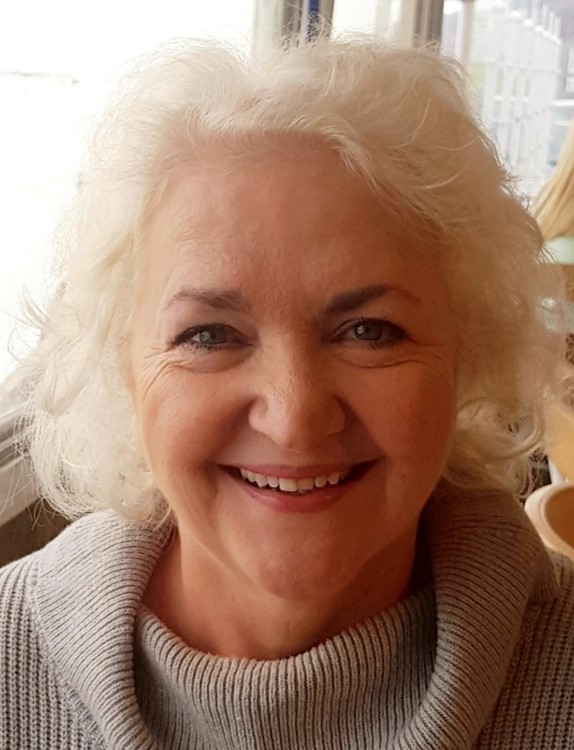March 9, 2023, by School of Medicine
We all bathe differently
The RAPID Eczema Trials team involves researchers, healthcare professionals and citizen scientists (people with eczema and parents of children with eczema) working together to answer important questions about eczema by designing and running clinical trials together. The first question we are answering is about bathing, so our citizen scientist Tressa Davey has been looking into the varied bathing practices through history and around the world…
WE ALL BATHE DIFFERENTLY

Image of a Balinese flower bath. “The most beautiful flower bath at Udaya Spa” by Bex Walton CC BY 2.0
Bathing is such a part of our lives that we don’t often stop to think about the reasons behind our bathing habits. All sorts of influences can affect people’s bathing routine: personal, social, commercial, environmental, therapeutic, religious and cultural.
Around the world there are fascinating bathing rituals that reflect local history, religion and customs. To name a few: Japanese Onsen baths, Korean Jjimjilbang, Russian Banya, Turkish Hamams, Native American sweat lodges, Sudanese Dukhan (barbecuing the body!), Mexican Temazca, Balinese flower baths and Calistoga mud baths!
Looking at the frequency of bathing around the world, it seems that the modern world in general is pretty clean, with Brazilians in the lead, showering 14 times a week – with the average of the rest of the world around 5 times a week. In the UK, the average is 6 a week.
But I wondered about the history behind human bathing and how we went from the super-clean Roman times to the less clean (understatement) Middles Ages and then to the present time where we mostly shower frequently and ‘elbow greet’ to avoid passing germs.
First-century Romans would take three-hour soaks in public baths while scraping their bodies with miniature rakes, and finish with a final application of oil.
Around the time of the Black Death people stopped bathing so much because they believed they’d be more likely to get the plague if they had a bath because the warm water would open the pores and let germs in.
By the mid-19th Century, there was a growing understanding of germ theory with the influence of Florence Nightingale in the Crimean war who found that people less likely to die of infection if they were clean.
Affordable soap took a long time to develop effectively (don’t ask what gross ingredients were in early soaps!) but by the late 19th Century we had Palmolive soap, which was the world’s best-selling soap, helped along by some aggressive ‘you-will-grossly-offend-if-you-don’t-use-our-soap’ marketing (we are manipulated much more subtly these days).
Today, especially after the Covid pandemic, we are back to living in a clean, deodorised world and hygiene and cleanliness seem to have been conflated.
But, the pandemic aside, is our underlying attitude to bathing changing again? A question has floated around for quite a few years now asking “Are we too clean?”.
In fact, in the late 1980s a doctor in Berlin noticed that affluent children who were able to keep clean developed more allergies than poorer children who could not. She theorised that being ‘too clean’ meant that our immune system didn’t get chance to develop and strengthen. Some medical professionals do now believe that our skin might benefit from a few more “healthy” germs.
So, all of this illustrates just how complex our attitudes to bathing are and how hard it might be to change our bathing habits.
Nonetheless, we will be asking people to temporarily change their bathing habits to try to answer our first trial question which is ….
“For people living with eczema, is it better to bathe/shower every day or less frequently?”
By Tressa Davey (RAPID Eczema Trials citizen scientist).

If you would like to find out more about RAPID Eczema Trials, please visit our website or email us on eczema@nottingham.ac.uk.
The RAPID Eczema Trials programme is sponsored by Nottingham University Hospitals NHS Trust and is funded by the National Institute for Health and Care Research (NIHR) under its Programme Grants for Applied Research programme (PGfAR NIHR203279). The views expressed are those of the author(s) and not necessarily those of the NIHR or the Department of Health and Social Care.

No comments yet, fill out a comment to be the first

Leave a Reply